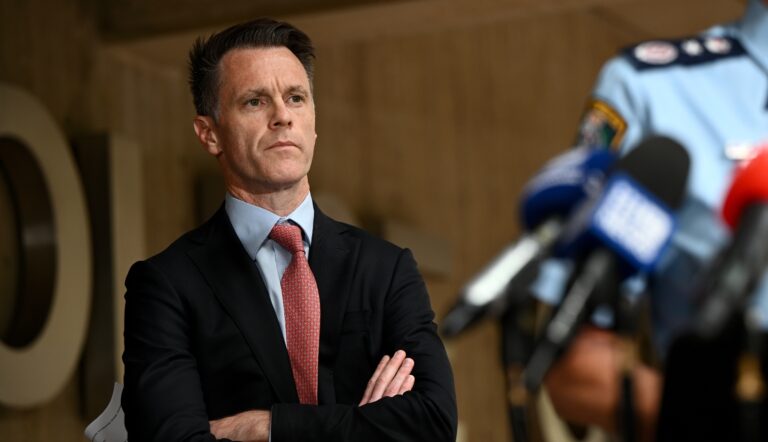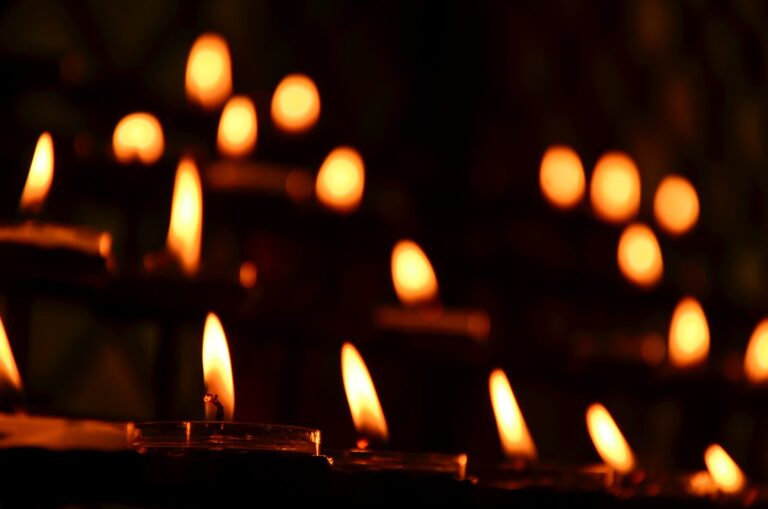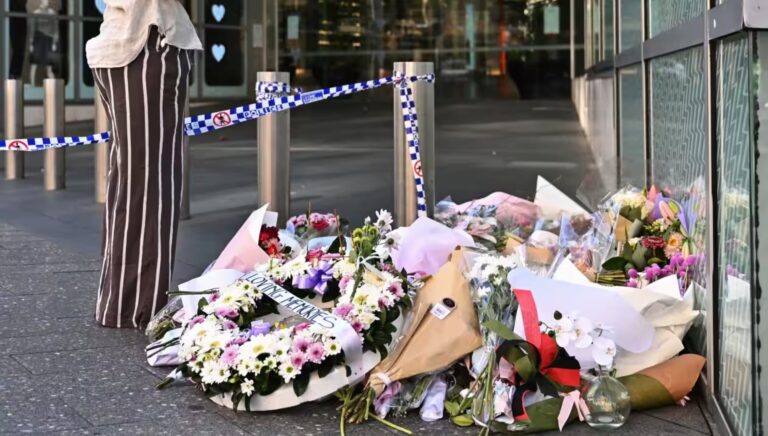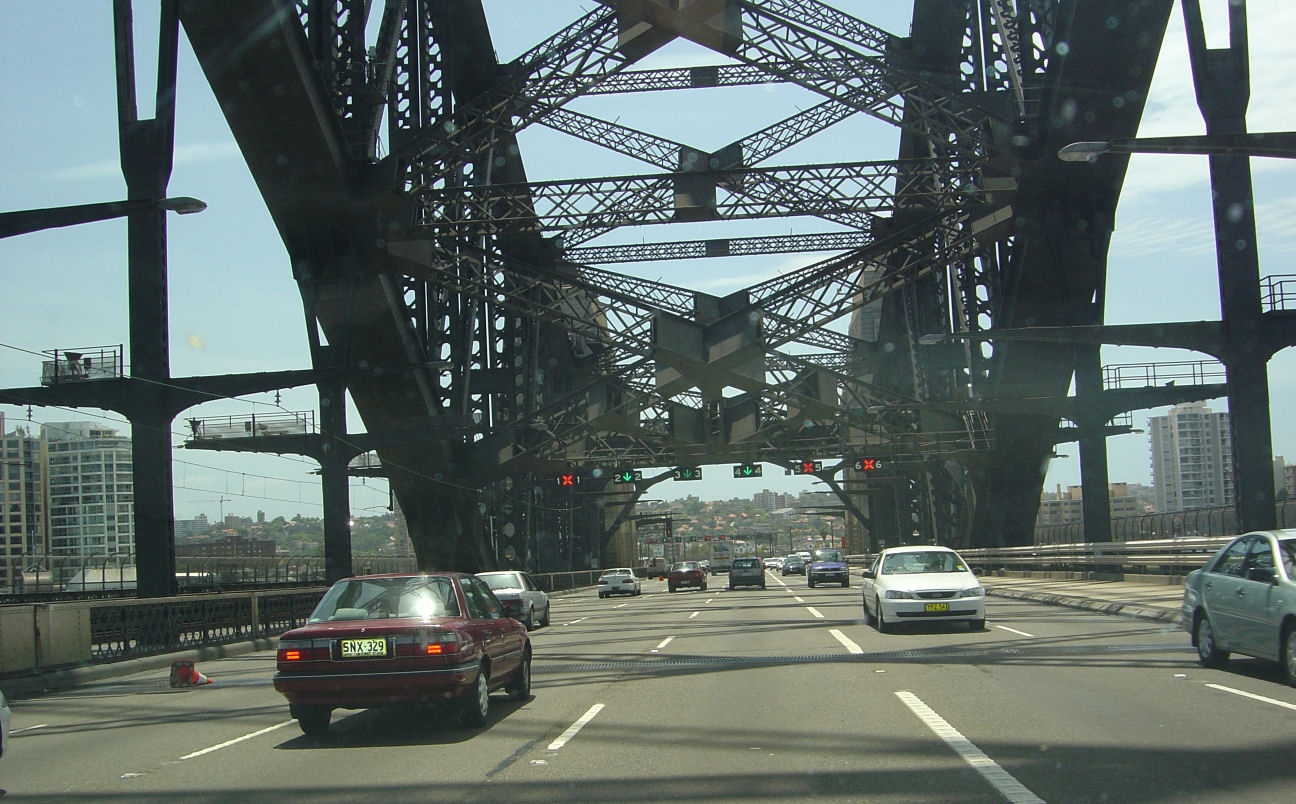
Criminal charge demanded for ‘bad day’ cop who hurt Aboriginal teenager
By ALEC SMART
The family of an Aboriginal teenager who was slammed face-first to the ground by a NSW police officer warned they will pursue a private criminal prosecution if the officer is not charged.
The constable, from Sydney’s Surry Hills Command, was filmed via a mobile phone around 5.30pm on 1 June violently reacting to backchat from the 16-year-old Aboriginal. The exchange ended with the officer kicking the boy’s feet out from under him, causing him to land face-first on a foot path.
The boy sustained chipped teeth, cuts to his knee, face and elbow, and a bruised shoulder and was taken to St Vincent’s Hospital for x-rays to check for possible fractures.
The film footage, posted to the internet and shared widely on social and mainstream media, took place near the high-rise Ward Park estate in Surry Hills, central Sydney. It starts during a discussion between three police officers and at least three youths (one filming), on whether police should use swear words while on duty. One police officer denies an accusation he’s been swearing, challenging the lad, “I didn’t say that at all mate, you need to open up your ears!”
The boy (initially off-camera) responds, “What? I heard you from over here, I don’t need to open up my ears. I’ll crack your f**king jaw bro!” The constable then marches over to the boy, demanding “What was that? What was that? Turn around…”
The constable quickly spins the boy around and clasps his hands behind his back, and although the boy doesn’t resist, the officer suddenly uses his boot to kick the teenager’s legs sideways. This is when the teen flips forward and lands face-first on the brick-paved footpath.
The victim can then be heard moaning in pain while the two other officers, both of them women, join in restraining him face-down on the ground while the boy’s friends remonstrate with the aggressive officer who kicked him over.
American comparison
After the film footage went viral, the officer’s actions were widely condemned on social media as it coincided with mass protests in the USA provoked by similar mobile phone footage showing a violent arrest that resulted in a fatality.
Minneapolis city police officer Derek Chauvin, assisted by two colleagues, restrained then slowly suffocated to death a black man – security guard George Floyd – with Chauvin pressing his knee into Floyd’s neck over the course of almost nine minutes while the victim pleaded with them that he couldn’t breathe. Even after he died the officers prevented medical attention until Floyd was beyond resuscitation.
The cultural backlash to the USA killing, triggering a resurgence of the social justice movement BlackLivesMatter, has seen widespread, often violent protests. In some cities this discord has been accompanied by looting of shops and clashes with police who utilise teargas, arrests and curfews to break up demonstrations. In other cities police officers marched peacefully alongside demonstrators.
The USA protests, while highlighting the unequal relationship between blacks and whites in America’s status quo, also reignite the debates surrounding Australia’s treatment of its Indigenous peoples by police and authorities. Examining and preventing black deaths in custody is back on the agenda.
On 3 June the Attorney General, Christian Porter, warned against drawing parallels between the USA’s and Australia’s treatment of their black population. “We shouldn’t mistake specific problems of grotesque police brutality in America – literally a world away – with our own problems.”
However, there have been 432 Aboriginal and Torres Strait Islander deaths in custody in the almost three decades since the Royal Commission examined the problem in 1991, despite 339 recommendations to remedy the situation.
Furthermore, 56 per cent of the Indigenous people who have died in custody since 2008 were on remand or in protective custody and not convicted of a crime.
On 2 June the New South Wales Aboriginal Land Council (NSWALC) said in a statement: “the over-representation of Aboriginal and Torres Strait Islander people in the Australian criminal justice system and the number of deaths in custody in this country is a persistent and unwavering concern.”
Several of these custodial deaths have been attributed to police brutality.
The family of Patrick Fisher blamed his Feb 2018 death on police after Fisher attempted to evade arrest by clambering over a 13th-floor balcony in Waterloo public high-rise housing estate during an unsuccessful attempt to reach an apartment below. They claimed he probably chose the highly dangerous balcony option to avoid getting “bashed” by police when taken into custody.
‘Having a bad day’
The Surry Hills cop involved in face-slamming the Sydney teenager, an as-yet un-named constable, was placed on restricted duties on 2 June. Yet despite the embarrassment he has caused NSW Police, senior commanders have refused to condemn his actions.
According to NSW’s highest-ranked officer, Police Commissioner Mick Fuller, the constable’s actions were justified because he was ‘having a bad day’.
Fuller, who in the past has defended NSW Police policy of strip-searching children without parental supervision, including the controversial targeting of girls under 18 who were made to undress and squat for intimate inspections, told Sydney’s 2GB Radio on 3 June that his officer was justified.
“Not for one minute am I saying the officer’s actions were correct,” he said. “The fact that this officer doesn’t have a chequered history and he has been in [the police] for three and a half years, if the complaint is sustained against him, you would have to say he has had a bad day.
“I am sure most of the community wouldn’t want to see someone who has made a mistake sacked after making such a commitment to the community.”
NSW Police Minister David Elliott said he was “horrified” by the cheeky language the teenager used, and equated it with the dangerous ‘leg-sweep’ the officer employed that could have broken the boy’s neck or caused a serious head injury.
“I was just as disturbed about the threat from a young person to physically assault a police officer as I was with the response from the police officer,” Mr Elliott said, although the boy’s speech sounds more mischievous than menacing on the video recording.
Investigation
On 2 June Assistant Commissioner Mick Willing hosted a press conference addressing the film footage. After stating the sequence of events, he added: “As you’re all aware, the footage has been circulated widely by social and mainstream media. As a result of that it’s come to the attention of myself as the region commander and others and an independent investigation has been commenced by our Professional Standards Command. That investigation will be conducted thoroughly and openly.
“Now of course we’re all aware of incidents that have taken place in the United States and other parts of the world and we’re very aware of the sensitivities around what’s occurring overseas. However, as the region commander here, am I concerned about what I’ve seen in that footage? Absolutely I am concerned. But, I am equally concerned about others who may use this footage to inflame it and turn it into something that’s it’s not.
“What we need to do is to let the investigation take its course and be conducted, as I said, independently by the Professional Standards Command, and we’ll get to the bottom of what’s happened and we’ll continue to work with the community, as we always do…”
However, the errant teen’s family want a completely independent investigation into the arrest, which, if committed in a rugby match, would likely have resulted in match suspensions and a hefty fine for any player that flung an opponent onto his face.
George Newhouse, a lawyer from the National Justice Project, revealed “The family want charges to be laid against this officer. Not an investigation where police are investigating police.
“They’ve told me that if charges aren’t laid quickly, we are instructed to launch a private prosecution. In addition, they want to know what’s happening to the other officers that were present. There is a duty on officers to speak out. [And] they don’t want police investigating police. If this was anyone else, you or me or any member of the original community, we would be charged and let the court decide.”
At a press conference on 3 June the boy’s father, mother and sister – who legally can’t be named – called for an end to “police investigating police.”
“Because we’re Aboriginal we see a lot of this all the time. We experience extra obligations to answer to people: who we are, where we’re going, what we’re doing, when we’re just walking along.”
The boy’s sister added: “When you see the way these people [police] treat our people, it is frightening… This highlights the treatment our people have been experiencing for years when there aren’t any cameras around… The frustration of being constantly targeted by police is heavy and not being able to place your trust in people who are employed to protect you is sad and worrisome.”
NSWALC is also calling for a significant improvement in the policing of their communities. On 2 June they released a statement: “Aboriginal people continue to be unfairly victimised and persecuted. It is racist and divisive in a nation that champions reconciliation, seemingly through words but not actions. Reconciliation.. must be more than just a tokenistic gesture.
“This issue is exemplified by the appalling and violent treatment of a teenage boy in Sydney’s Surry Hills by a member of the NSW Police Force. Such incidents are all too familiar and common. This incident just happened to be exposed through video footage. There are countless others that go unseen.
“The footage that has emerged is sickening and demonstrates that we still have people in positions of power that continue to treat our people as second-class citizens.”
Solicitors from Redfern Legal Centre called for an investigation into the violent arrest by the Law Enforcement Conduct Commission, a police watchdog that recently oversaw an Inquiry into NSW Police strip-searching methods and targeting of minors.









